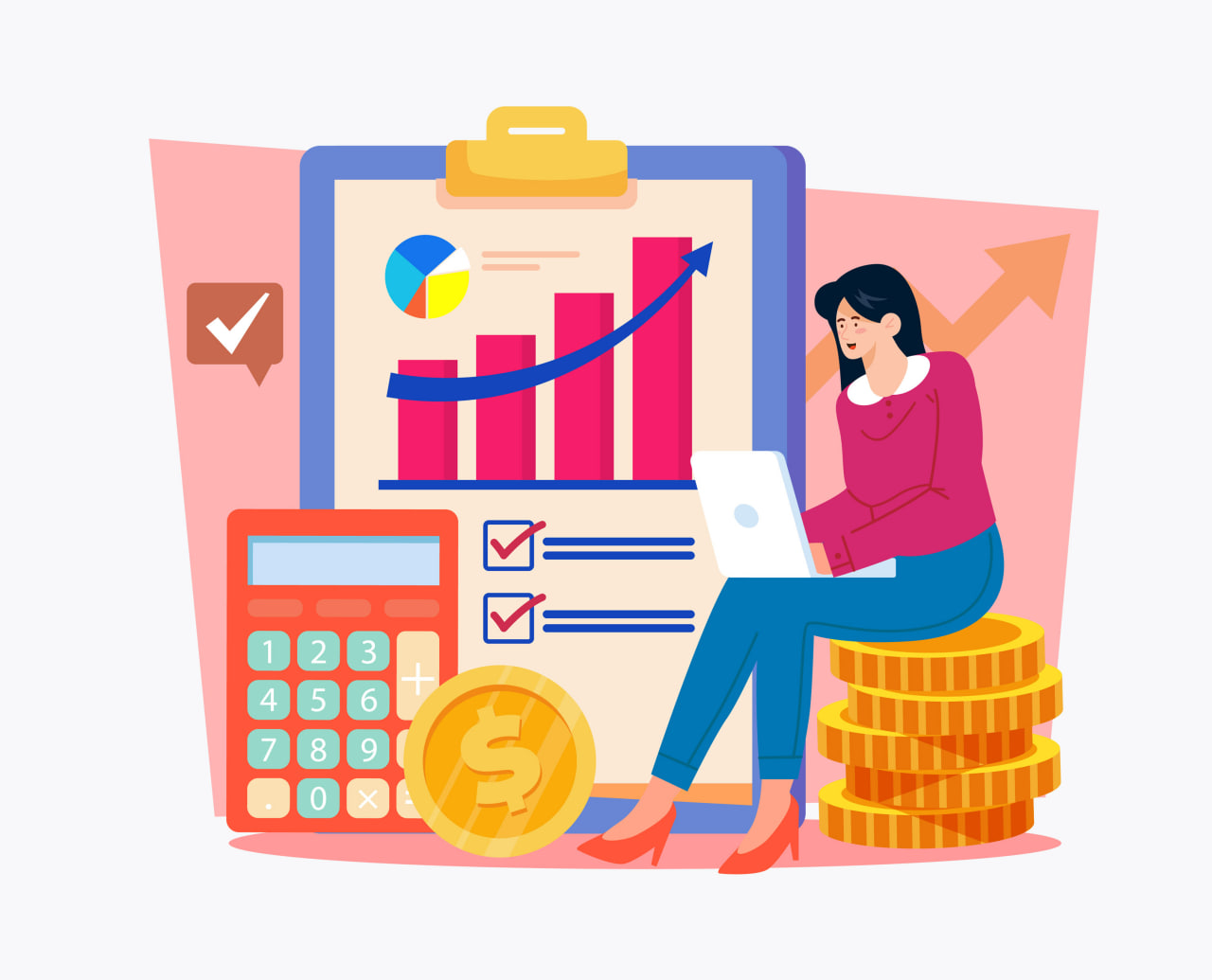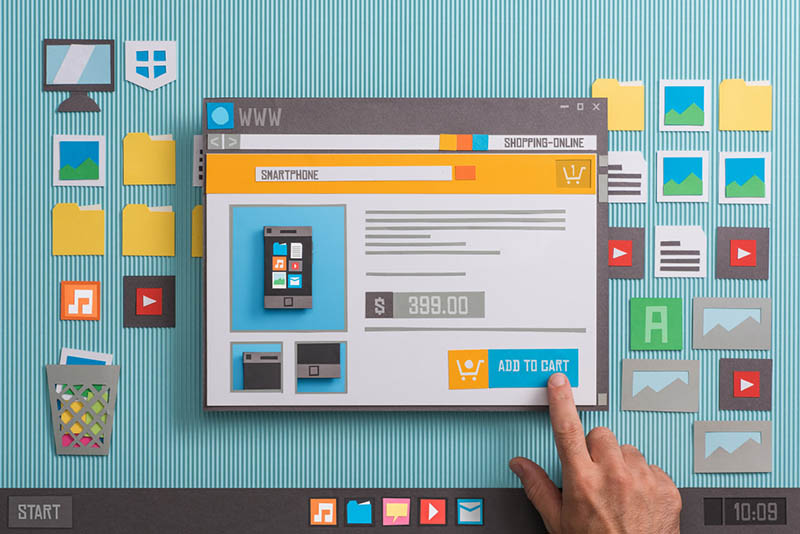🔥 Code Mastery Unleashed: Your Path to Expertise, No Degree Needed! 🔥
1. Introduction
A. The significance of coding skills
B. The traditional education approach
C. The rise of self-taught coders
2. The Roadmap to Self-Taught Mastery
A. Setting clear goals.
B. Choosing the right programming language.
C. Utilizing online learning platforms.
D. Building a coding community.
3. Effective Learning Strategies
A. Hands-on projects and coding challenges
B. Embracing open-source contributions.
C. Learning from mistakes and debugging skills.
4. Staying Updated in the Ever-Evolving Tech Landscape
A. Following industry trends.
B. Subscribing to coding blogs and podcasts
C. Engaging in online coding forums.
5. Building a Strong Portfolio
A. The importance of a diverse project portfolio
B. Showcasing personal projects on GitHub.
C. Collaborating on open-source projects
6. Networking and Mentorship
A. Joining coding communities.
B. Seeking mentorship opportunities.
C. Attending coding meetups and conferences.
7. Overcoming Challenges
A. Dealing with imposter syndrome.
B. Managing frustration and burnout
C. Celebrating small victories.
8. Job Readiness and Interview Preparation
A. Crafting a standout resume.
B. Nailing coding interviews
C. Developing soft skills for teamwork.
9. Success Stories of Self-Taught Coders
A. Profiles of prominent self-taught coders
B. The diversity of career paths
C. Inspiration for aspiring coders
10. Conclusion
A. Recap of key strategies
B. Encouragement for aspiring self-taught coders.
Ways of Mastering Coding Skills Without Formal Education

Introduction
In today's digital age, the demand for proficient coders has reached unprecedented heights. While formal education in computer science is valuable, many individuals are proving that mastering coding skills is possible without a traditional degree. This article explores the various ways one can become a skilled coder through self-directed learning and real-world application.
The Roadmap to Self-Taught Mastery
Setting Clear Goals
The first step in mastering coding without formal education is setting clear and achievable goals. Define what you want to achieve with your coding skills, whether it's building websites, developing applications, or delving into artificial intelligence.
Choosing the Right Programming Language
Choosing the right programming language aligns with your goals. Whether it's Python for versatility, JavaScript for web development, or C++ for system programming, selecting the appropriate language is crucial for a solid foundation.
Utilizing Online Learning Platforms
Online platforms like Codecademy, Coursera, and Udacity offer comprehensive coding courses. Utilize these resources to access structured learning paths, video tutorials, and interactive coding exercises.
Building a Coding Community
Joining a coding community provides invaluable support and networking opportunities. Platforms like GitHub, Stack Overflow, and coding forums allow you to connect with fellow learners, seek help, and collaborate on projects.
Effective Learning Strategies
Hands-On Projects and Coding Challenges
Practical application is key to mastering coding. Engage in hands-on projects and coding challenges to reinforce your learning and build a portfolio that showcases your skills.
Embracing Open-Source Contributions
Contribute to open-source projects to gain real-world experience and collaborate with experienced developers. This not only enhances your coding skills but also exposes you to industry best practices.
Learning from Mistakes and Debugging Skills
Mistakes are inevitable in coding. Embrace them as learning opportunities and develop strong debugging skills. Understanding how to troubleshoot and fix errors is a fundamental aspect of coding mastery.
Staying Updated in the Ever-Evolving Tech Landscape
Following Industry Trends
The tech industry evolves rapidly. Stay informed about the latest trends, tools, and frameworks to remain relevant and adaptable in the ever-changing landscape.
Subscribing to Coding Blogs and Podcasts
Subscribe to coding blogs and podcasts to access insightful content and stay connected with the global coding community. This continuous learning approach keeps you informed and inspired.
Engaging in Online Coding Forums
Participate in online coding forums to discuss challenges, share knowledge, and learn from experienced developers. These forums provide a supportive environment for continuous learning.
Building a Strong Portfolio
The Importance of a Diverse Project Portfolio
A diverse project portfolio showcases your versatility and skills. Include projects that demonstrate different aspects of coding, from web development to data analysis, to make your portfolio stand out.
Showcasing Personal Projects on GitHub
Create a GitHub profile and showcase your personal projects. Employers often review GitHub repositories to assess a candidate's coding proficiency and real-world application.
Collaborating on Open-Source Projects
Collaborating on open-source projects not only contributes to the community but also provides exposure to industry-standard coding practices. It's an excellent way to enhance your coding skills while working on meaningful projects.
Networking and Mentorship
Joining Coding Communities
Join coding communities both online and offline. Platforms like Discord, Reddit, and local meetups provide opportunities to network, seek advice, and share experiences with fellow coders.
Seeking Mentorship Opportunities
Finding a mentor accelerates your learning journey. Look for experienced developers who are willing to guide and share their insights, providing valuable feedback and advice.
Attending Coding Meetups and Conferences
Attend coding meetups and conferences to expand your network and stay abreast of industry developments. These events offer the chance to learn from experts and connect with like-minded individuals.
Overcoming Challenges
Dealing with Imposter Syndrome
Many self-taught coders experience imposter syndrome. Acknowledge your achievements, no matter how small, and recognize that continuous learning is a shared experience among coders.
Managing Frustration and Burnout
Coding can be challenging, leading to frustration and burnout. Take breaks, set realistic goals, and celebrate small victories to maintain a healthy balance and long-term enthusiasm.
Celebrating Small Victories
Acknowledge and celebrate your achievements, no matter how small. Each successful project or coding challenge overcome is a step toward mastering your skills.
Job Readiness and Interview Preparation
Crafting a Standout Resume
Craft a resume that highlights your skills, projects, and achievements. Tailor it to showcase your coding expertise and demonstrate how you've applied your skills in real-world scenarios.
Nailing Coding Interviews
Prepare for coding interviews by practicing common coding challenges and algorithms. Showcase problem-solving skills and effective communication during technical interviews.
Developing Soft Skills for Teamwork
In addition to technical skills, employers value soft skills. Develop effective communication, collaboration, and teamwork skills to enhance your employability.
Success Stories of Self-Taught Coders
Profiles of Prominent Self-Taught Coders
Explore success stories of self-taught coders who have made significant contributions to the tech industry. Their journeys demonstrate the potential for success without formal education.
The Diversity of Career Paths
Self-taught coders pursue diverse career paths, from freelance developers to tech entrepreneurs. Discover the variety of opportunities available to those who master coding skills independently.
Inspiration for Aspiring Coders
Aspiring coders can draw inspiration from those who have successfully mastered coding without formal education. Their stories serve as a testament to the possibilities and rewards of self-directed learning.
Conclusion
In conclusion, mastering coding skills without formal education is a challenging but rewarding journey. By setting clear goals, utilizing effective learning strategies, staying updated, building a strong portfolio, networking, and overcoming challenges, individuals can achieve coding proficiency and open doors to exciting career opportunities.
Hire a Programmer from Karuf.
To learn more about how you can make the most of our talented freelancers, follow our Karuf website.
FAQs
Q: Can I really master coding without a formal degree?
A: Absolutely! Many successful coders are self-taught and have thriving careers without formal education.
Q: How important is networking in the coding community?
A: Networking is crucial. It provides support, mentorship, and valuable connections that can enhance your coding journey.
Q: What programming language should I start with as a beginner?
A: Start with a language that aligns with your goals. Python is often recommended for its versatility and readability.
Q: How do I overcome imposter syndrome in coding?
A: Recognize your achievements, focus on continuous learning, and understand that imposter syndrome is common in the coding community.
Q: Is it necessary to contribute to open-source projects?
A: While not mandatory, contributing to open-source projects provides real-world experience, exposure, and collaboration opportunities.




